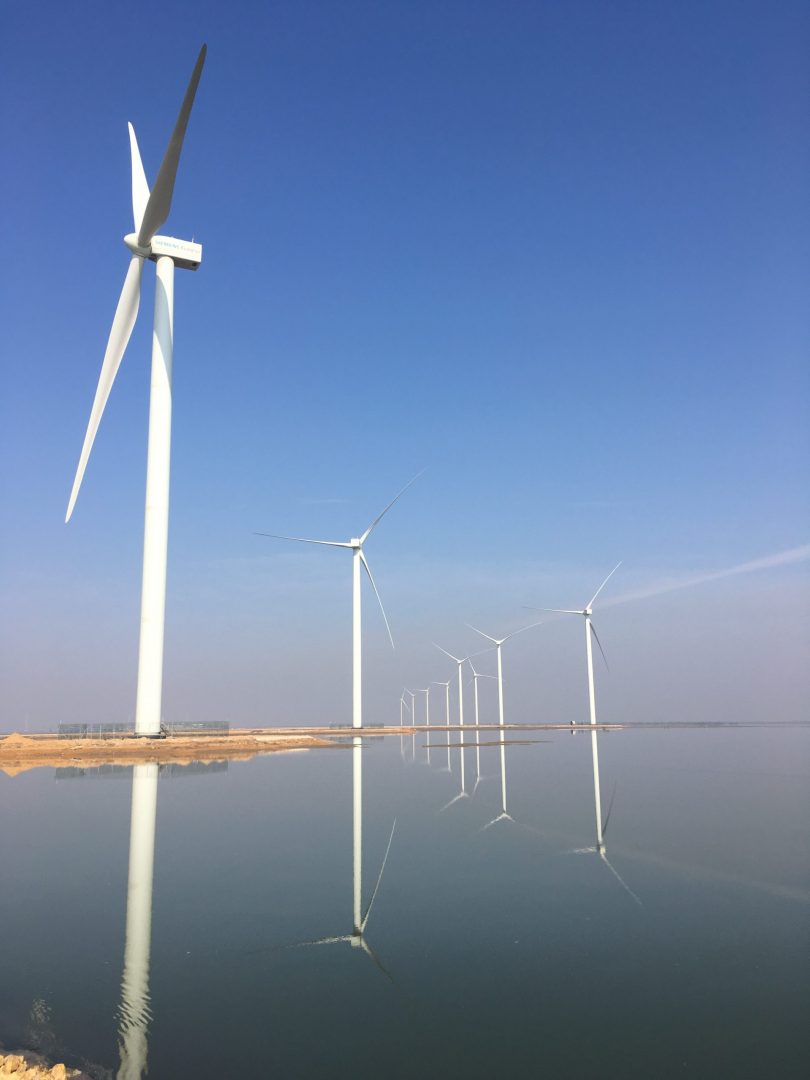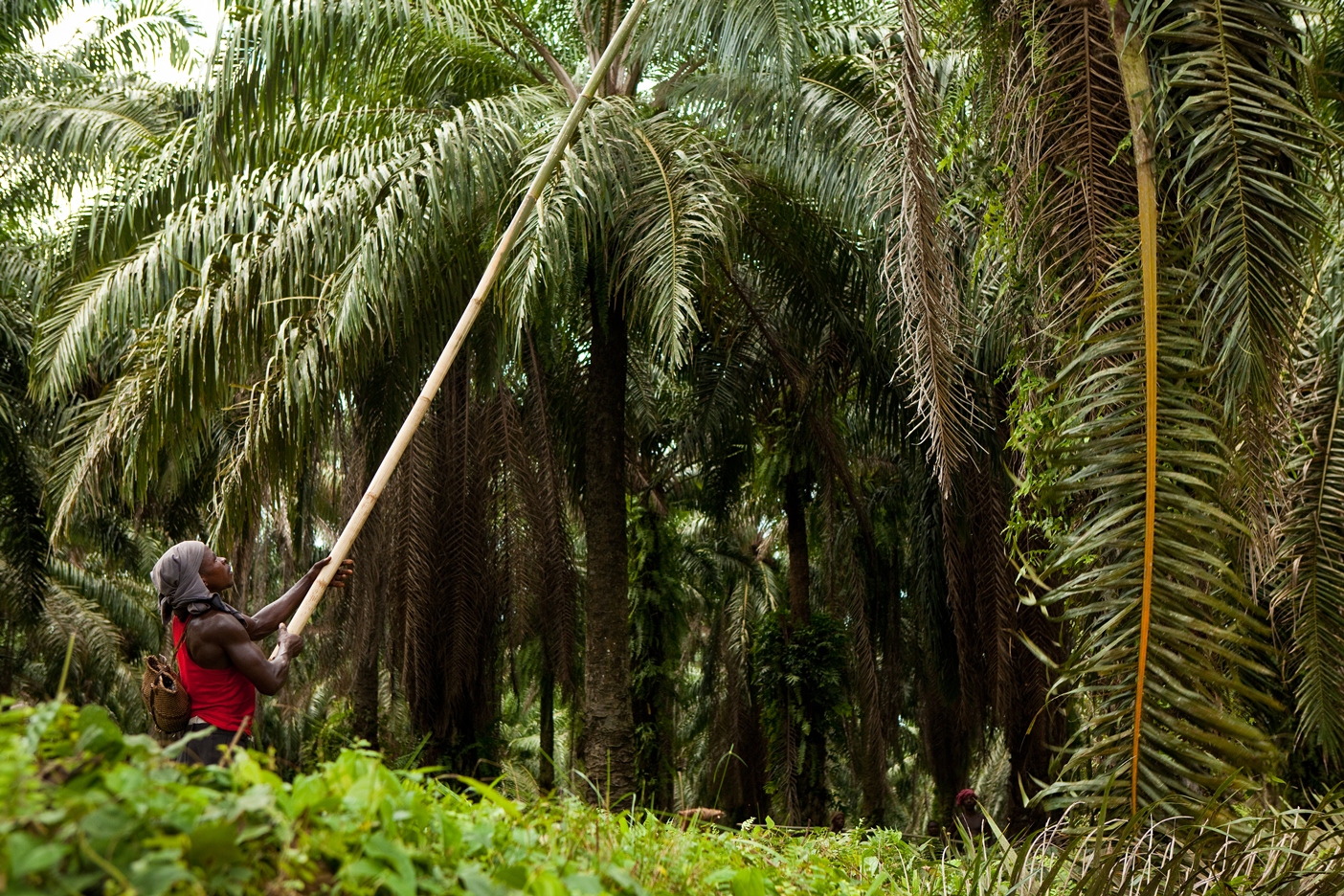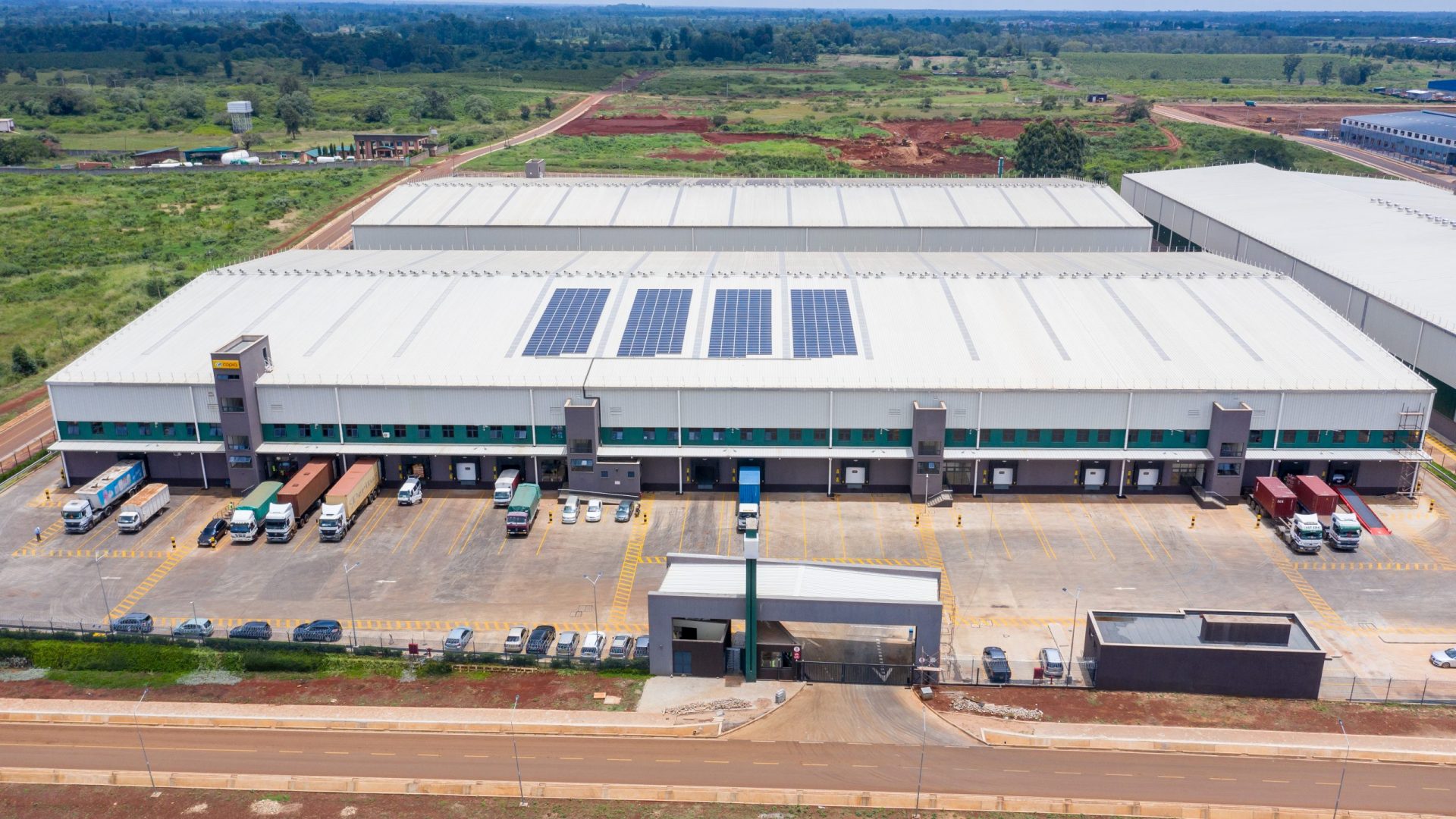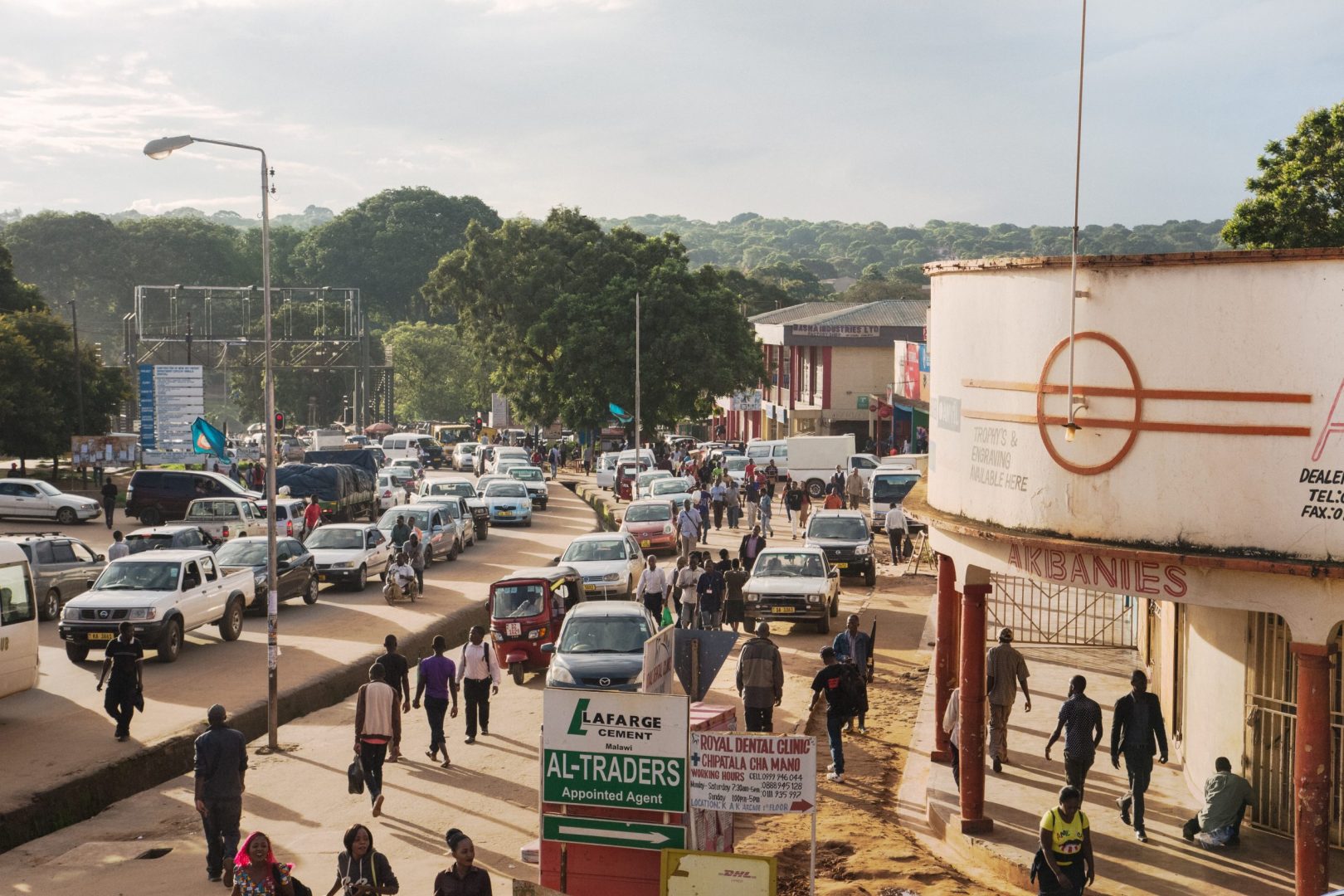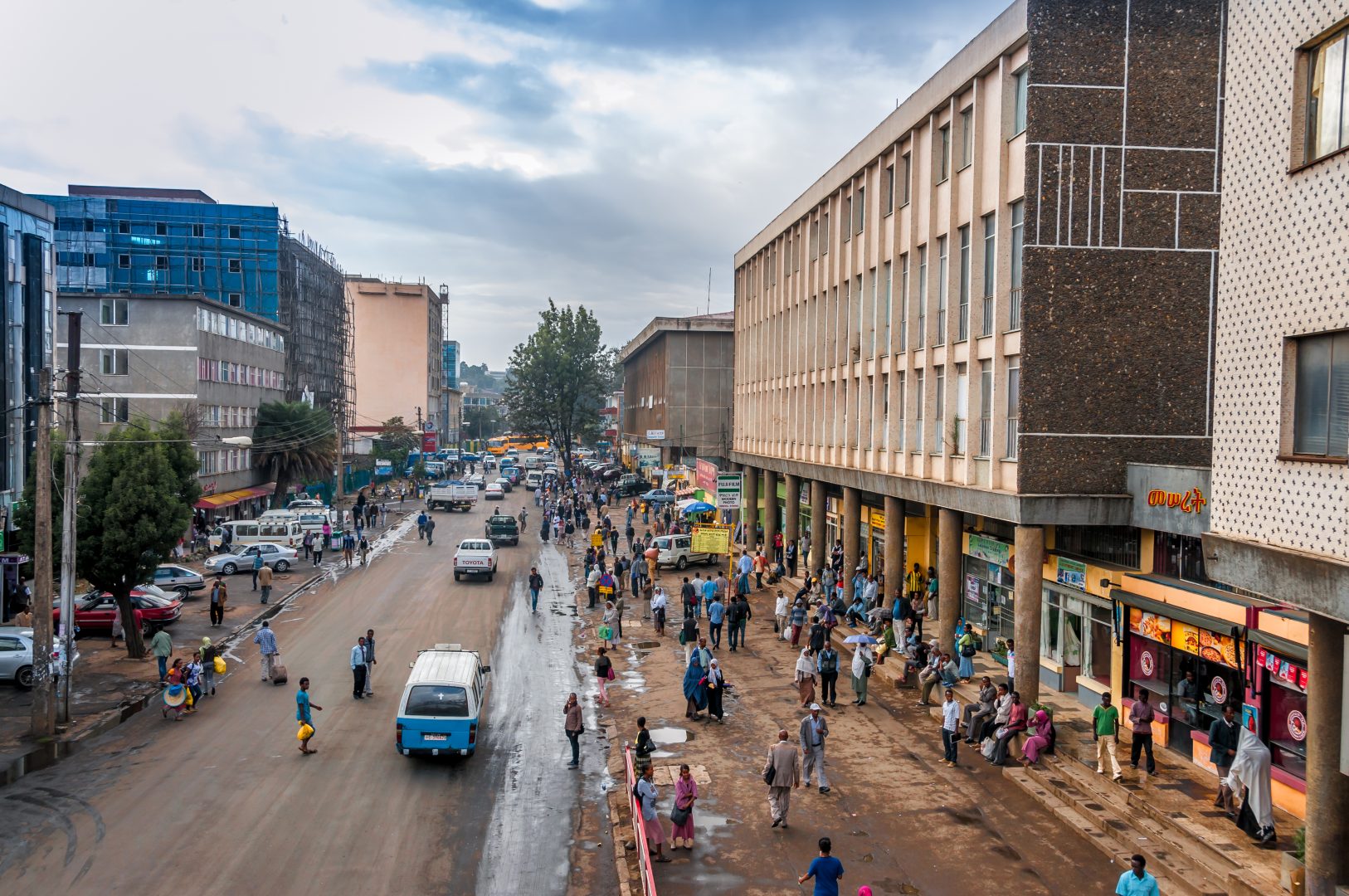Five ways CDC investments are having a positive impact on the planet
Climate change is a unique global challenge in terms of scale, urgency, magnitude and complexity of action. At CDC, our goal is to play a meaningful role in tackling climate change by supporting clean, inclusive and resilient growth in the countries where we invest. Here are some of the ways our investments are making a positive impact on the planet.
read
1. Scaling up renewable power to meet climate goals
To meet the Paris Agreement goal of limiting global warming to 1.5°C, it’s essential all countries reduce carbon emissions to net-zero by 2050. In the energy sector – which creates 35 per cent of global greenhouse gas emissions – this means moving towards renewable energy, including large-scale projects which can generate the clean power needed.
At CDC, we’ve committed more than $1 billion to renewable energy. In Aswan, Egypt, we’re invested in nine of the 41 solar-power plants at Benban Solar Park. It’s the largest solar park in Africa and is even visible from space. The plants we financed generated nearly 623 GWh of solar power in 2019, enough to power tens of thousands of homes and businesses and avoid 301,000 tonnes of carbon emissions. Find out more
2. Harnessing the power of nature to protect economies and communities from climate change
Investing in nature is a crucial way to protect the planet and tackle climate change. Mangroves are a prime example: their dense coastal forests store carbon up to 400 per cent faster than land-based tropical rainforests, as well as provide breeding grounds for marine biodiversity and protection against extreme weather.
That’s why we worked with renewable energy business Zephyr Power, to implement a mangrove restoration project at their wind power plant in Pakistan. In a tidal and coastal location with rising sea levels, the plant may be exposed to increased flooding over time. The restoration programme could save Zephyr Power up to US$7 million, as the mangroves will protect the wind farm’s physical infrastructure against coastal erosion. It could also double the income of local communities as fishermen see an increased catch. Find out more
3. Supporting businesses to save natural resources – and make valuable savings on their operational costs
Businesses can contribute to protecting the environment by findings ways to use less water and energy, reduce waste, and increase recycling. We work with companies across our portfolio, in a number of different sectors, to provide finance for resource-efficiency projects.
One example is Africa Logistics Properties, which creates and manages logistics facilities across East Africa. The business put in place several resource efficiency measures, including solar panels and reflective paint that reduce energy use, taps and landscaping that conserve water, and more-sustainable building materials. As a result, the company is saving over 600 tonnes of carbon dioxide emissions a year. It also predicts savings of nearly US$16,000 a month on its utility bills, almost halving its operational costs. Find out more
4. Strengthening the circular economy
Eliminating waste and pollution by keeping products and materials in use is key to achieving a circular economy. At CDC, we support the businesses we invest in to understand and improve their waste management. This includes management of electronic waste, which is one of the fastest-growing forms of waste in many developing countries.
One business we’ve been supporting in this way is Kenyan off-grid solar company M-KOPA. We helped M-KOPA to undertake a survey of 500 customers to better understand how much e-waste – both off-grid solar and non-off-grid solar – could be found at consumer homes, how households manage their e-waste and how this issue can be addressed. Find out more
5. Building a climate resilient future for farmers
We’re working to ensure all our investments are resilient to climate-related impacts. This is particularly important in the food and agriculture sector, which is especially exposed to climate risks such as changes in temperature, rainfall and unpredictable weather patterns.
One company taking a pioneering approach to improving smallholder farmers’ productivity is CropIn, a specialist in software for agribusiness. It uses technology such as satellite images, artificial intelligence and machine learning to monitor crop health remotely, make yield predictions, and then pass on these insights to farmers. Armed with the right information, farmers are better equipped to deal with the effects of climate change. Studies show that, on average, climate resilience increases for 92 per cent of farmers in the first year of using CropIn’s technology. Find out more
Find out more about our approach to tackling climate change here.

